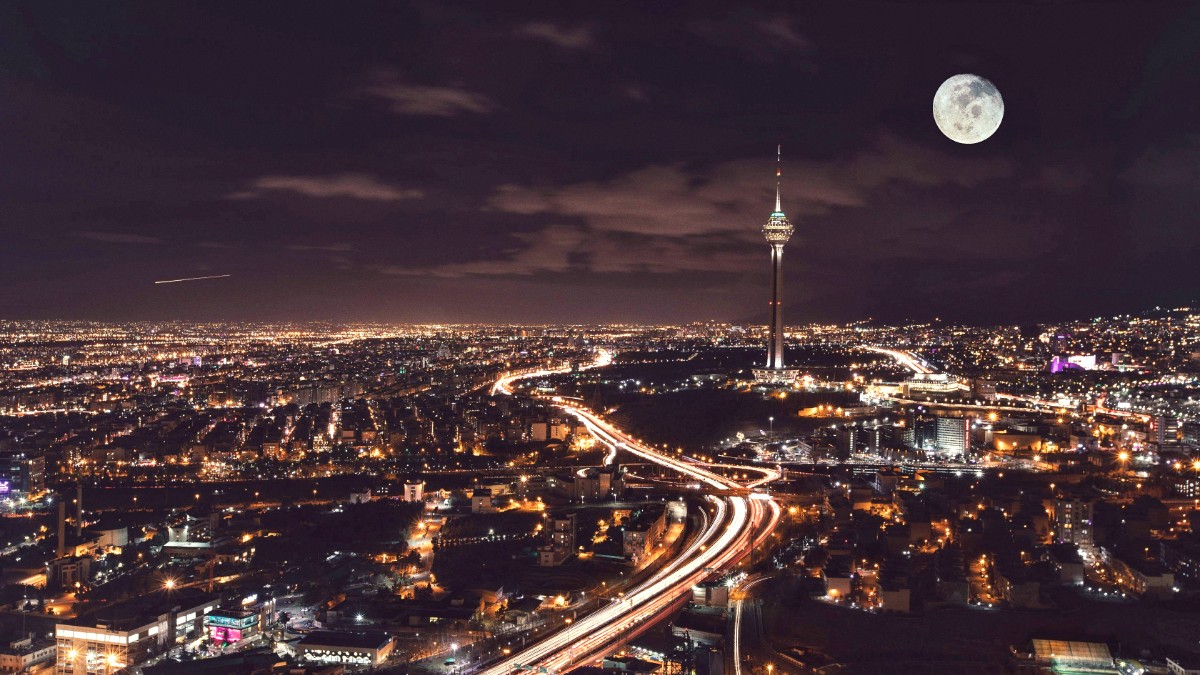
Iran
Securing the correct visa initiates your trip planning to Tehran. Visa requirements and application processes differ significantly based on your nationality.
Most nationalities need a tourist visa. This often means acquiring an Authorization Code from the Ministry of Foreign Affairs (MFA) via an Iranian travel agency or directly from some Iranian embassies. After receiving the code, submit your application to an Iranian embassy or consulate in your home country.
Prepare all necessary paperwork for your visa application.
Passport valid for at least six months beyond your stay. Passport-sized photos (women wear a headscarf in photo). Complete the visa application form accurately. An invitation letter/authorization code is often a requirement, usually from a tour operator. Travel insurance stating coverage for Iran is mandatory.
15-25°C (59-77°F)
Ideal weather for sightseeing, outdoor activities. Beautiful blossoming trees.
Higher prices, more crowds. Nowruz (Iranian New Year) brings business closures and peak travel. Plan ahead.
30-40°C (86-104°F)
Significant discounts on flights and hotels. Fewer tourists.
Intense heat makes outdoor exploration uncomfortable. Minimal precipitation.
10-20°C (50-68°F)
Mild, pleasant weather. Nature is appealing. Fewer crowds than high season.
Weather can be less predictable. Some services might transition seasonally.
Summer requires consistent hydration and shade midday. Winter snowfall in northern Tehran might influence road access to mountain areas. Air pollution is a recurring concern, specifically in colder months. Consider a face mask if you have respiratory sensitivities.
Spring and Autumn have comfortable temperatures for walking.
Spring, late Summer, and Autumn present pleasant conditions.
Winter (December-March) provides access to Tochal and Dizin ski resorts.
Museum/Palace entry is around $5-10 USD per site for foreign visitors.
Less common than in some Western countries, but appreciated for good service.
Credit and debit cards from outside Iran generally do not work. Cash is the main payment method. Careful budgeting aids your expense planning for your chosen travel style.
Accommodation: $15 - $30 (hostel/basic guesthouse). Meals: $10 - $20 (street food, local eateries). Transportation: $2 - $5 (public transport). Attractions: $5 - $10 (some free, some low-cost entry).
Accommodation: $50 - $100 (3-4 star hotel). Meals: $25 - $40 (mix of local and mid-range restaurants). Transportation: $5 - $15 (frequent ride-hailing). Attractions: $10 - $20 (more attractions, possibly tours).
These specific price examples help with budgeting your trip.
Tehran is generally safe for tourists. This information details health precautions, safety practices, and emergency readiness.
For entry into Iran, no specific vaccinations are officially required.
Comprehensive travel insurance covering medical emergencies is mandatory for visa issuance and entry.
This condition is common. Practice good food and water hygiene. Wash hands frequently.
Stay hydrated and choose reputable eateries.
Avoid unpeeled raw fruits or vegetables from street vendors unless hygiene is clear.
Tehran frequently experiences high levels of air pollution, especially in winter. If you have respiratory issues, be aware.
Consider wearing a face mask on high-pollution days.
Temperature inversions in colder months contribute to smog.
In summer, stay hydrated. Avoid prolonged sun exposure midday. Use sunscreen.
Pack high SPF sunscreen, a wide-brimmed hat, and sunglasses.
Dehydration and heatstroke pose risks in intense summer heat.
| Category | Details | Notes |
|---|---|---|
| Healthcare | Tehran has many hospitals, including private ones with modern facilities. Quality of care varies. Private hospitals are recommended for serious issues. | Pharmacies are widely available. |
| Emergency Numbers | Ambulance: 115, Police: 110, Fire Department: 125. | Keep these numbers accessible. |
| Crime & Neighborhoods | Tehran is generally a very safe city for tourists. Violent crime rates are low. Pickpocketing can occur in crowded areas. | No specific neighborhoods are unsafe. Be vigilant with belongings. |